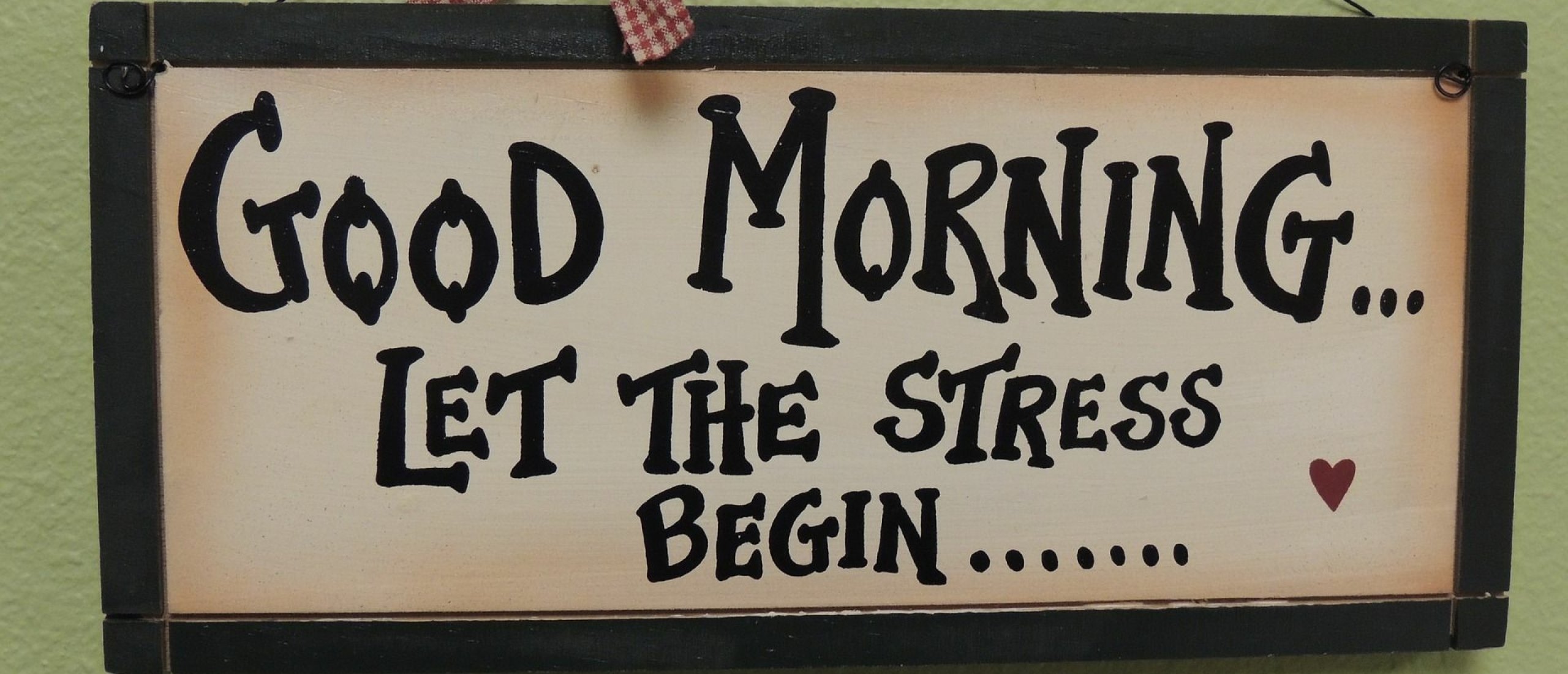
Social stress is one of the most common yet overlooked forms of stress. It arises when we worry about how others see us, fear rejection, or feel uncertain about our place within a social group—whether it’s family, friends, or colleagues. This kind of stress is deeply tied to our human need for acceptance and connection. In this article, we’ll explore what social stress is, where it comes from, and how to manage it effectively.
What Is Social Stress?
Social stress occurs when a situation threatens your relationships, self-esteem, or sense of belonging within a group. While stress from illness or injury is physical, social stress is psychosocial—it’s triggered by how others treat you, how you perceive social interactions, or how accepted you feel.
This form of stress can arise from:
- A strained romantic relationship
- Feeling excluded at work
- Fear of public judgment
- Being isolated or socially rejected
We’re wired to seek connection. When that’s threatened, the brain responds with stress—even if the threat is only perceived.
Common Sources of Social Stress
There are many situations that can trigger social stress. They include:
1. Difficult Interpersonal Relationships
Conflicts with partners, family members, or coworkers are classic sources of social stress.
2. Fear of Judgment or Rejection
Public speaking, performance evaluations, or any situation where you’re being observed can feel threatening if you’re sensitive to others' opinions.
3. Low Status or Power Imbalances
Being in a subordinate position at work or in a group can increase stress, especially if you lack control or feel undervalued. This is of relevance in situations at work and in personal life.
4. Exclusion or Social Isolation
Whether it’s not fitting in at school, being left out of group decisions, or feeling like your opinions aren’t welcome, exclusion is a major trigger.
Symptoms of Social Stress
Like any stressor, social stress activates the sympathetic nervous system and the HPA axis, releasing hormones like adrenaline and cortisol.
Physical and emotional symptoms can include:
- Rapid heartbeat and shallow breathing
- Anxiety or fear of social situations
- Sadness, embarrassment, or shame
- Withdrawal or avoidance behaviors
When social stress is acute (e.g., giving a presentation), the effects are temporary. But if it’s chronic (e.g., ongoing exclusion or judgment), the consequences can be serious: reduced immune function, depression, and even worsened outcomes for chronic illness.
The Long-Term Effects of Social Stress
Social stress leaves a lasting mark, especially when experienced early in life. Childhood neglect, bullying, or lack of emotional support can lead to dysregulated stress responses in adulthood—making people either overreactive or underreactive to stressors.
Additionally, socioeconomic factors can shape social stress. Living in deprived or unsafe environments may increase the risk of exclusion, judgment, or chronic tension, especially when tied to ethnicity, income, or community norms.
Coping With Social Stress: Two Key Goals
There are two essential goals when managing social stress:
- Reduce the emotional impact (calm the stress response)
- Address the social problem (repair or reconsider the relationship)
Active Coping Strategies
Resilient individuals tend to approach social stress with problem-solving and optimism. Key traits that help:
- A sense of purpose in life or work
- Realistic views of social conflicts
- Emotional self-control
- A strong personal identity
- The ability to see challenges as opportunities for growth
These people are more likely to take proactive steps: having difficult conversations, seeking feedback, or redefining the relationship if necessary.
Passive Coping Can Also Help
Sometimes, stepping back is the right choice. Not all social stress needs immediate action. Letting small tensions pass, taking a break from a group, or focusing on other parts of life can be smart strategies—especially when the stressor is temporary or minor.
Actionable Tips for Social Stress Relief
Here are 5 concrete ways to handle social stress more effectively:
1. Seek Social Support
Talk to people you trust—even if they can’t fix the problem. Feeling connected reduces the intensity of stress responses.
2. Use "I Statements"
Discuss social issues from your perspective:
"I feel dismissed when my ideas are joked about during meetings."
This is less confrontational and more likely to foster understanding.
3. Consider Leaving Harmful Groups
If your core values clash with those of your group, leaving may protect your mental health.
4. Differentiate Conflict from Threat
Not every disagreement is personal. Understanding when a heated debate is just a sign of engagement can lower perceived stress.
5. Practice Relaxation Techniques
Mindfulness, deep breathing, or just taking a walk can reduce physical symptoms of stress, making social challenges easier to face.
Belonging Without Burnout
Social stress is deeply human—we all feel it. But it doesn’t have to dominate our lives. By understanding where it comes from and how it works, we can reduce its grip and build healthier, more resilient social relationships.










